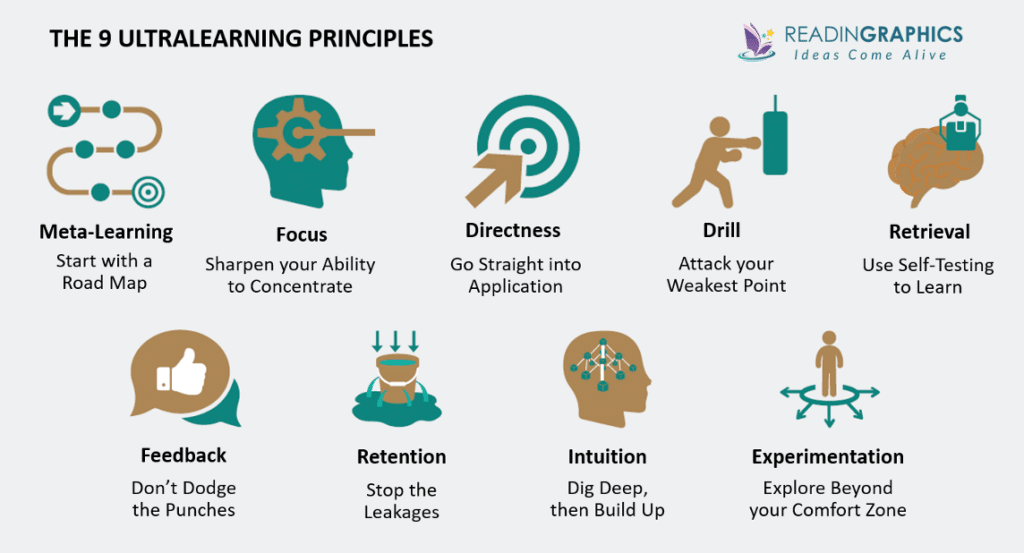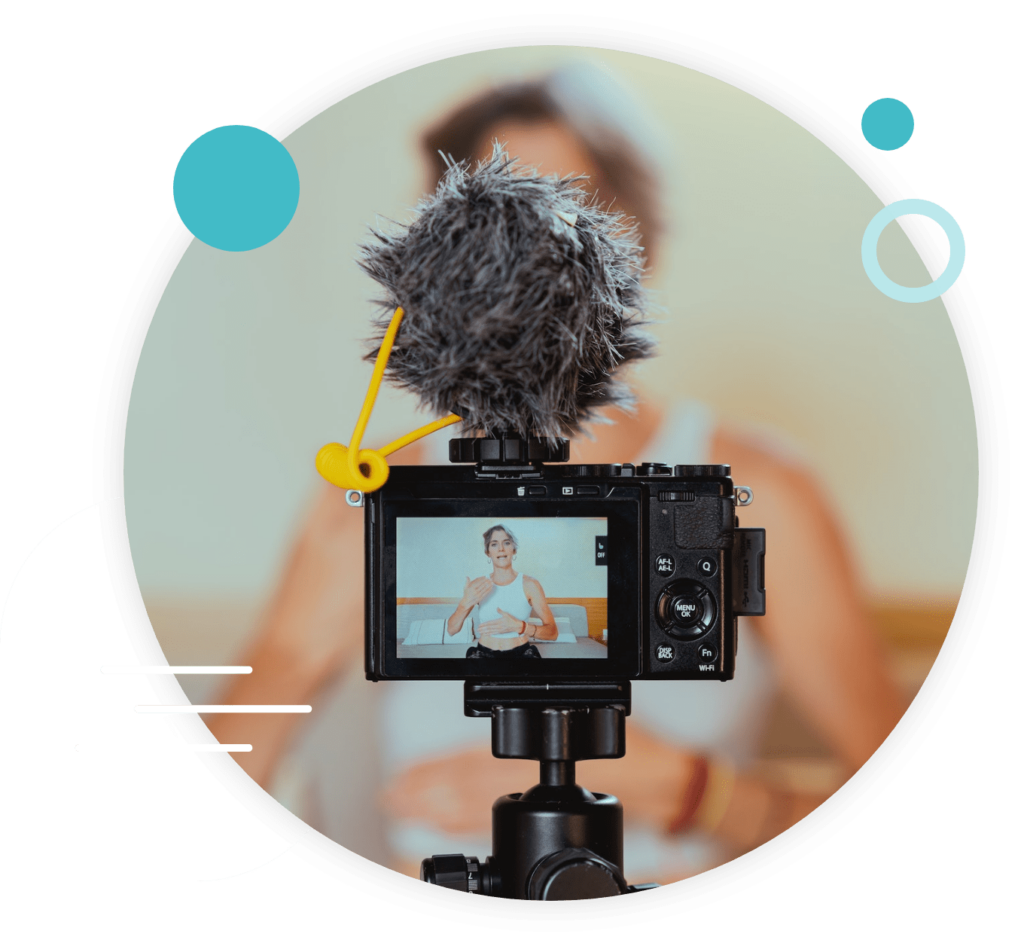“For those who know how to use technology wisely, it is the easiest time in history to teach yourself something new.”
– Scott H. Young
Ultralearning is a strategy for acquiring skills and knowledge. Ultralearning is a potent skill for dealing with a changing world. It has 3 main characteristics:
- It’s a strategy. A strategy is not the only solution to a given problem, but it may be a good one.
- It’s self-directed. It’s about how you make decisions about what to learn and why.
- It’s an intense process. Ultralearners always search for and take unusual steps to maximize their effectiveness in learning.
Why Invest in Learning?
Learning is not something that stops once you get your diploma. Lifelong learning is a valuable skill because of:
Economics: Average is over. But even if the economic landscape is rapidly changing, we can engineer our response to it by aggressively learning the hard skills we need to thrive.
Education: Ultralearning can fill some of those gaps when going back to school isn’t an affordable option.
Technology: The space of learning possibilities is immense, just waiting for ambitious autodidacts to come up with new ways to exploit it.
9 Principles of Ultralearning

- Meta-learning: Start by learning how to learn.
- Focus: Carve out time in your day.
- Directness: Learn by doing.
- Drill the weakest points: Break down complex skills into small parts.
- Retrieval: Test yourself to grow.
- Feedback: Don’t let ego get in the way.
- Retention: Understand what you tend to forget and why.
- Intuition: Develop your intuition through play and exploration.
- Experimentation: Get outside your comfort zone by cultivating an experimental mindset.
Common Sources Of Distraction
Distractions (a lot of them driven by technology) are the biggest blockers in the way of your knowledge accumulation. What to focus on?
Your environment: be aware of what environment you work best in, and test it. Multitasking may feel like fun, but it’s unsuitable for ultralearning.
The task you’re trying to learn: certain activities, simply due to their nature, are harder to focus on than others.
Your mind: negative emotions, restlessness, and daydreaming can be some of the biggest obstacles to focus.
3 Types Of Feedback
You can’t improve without feedback. But NOT all feedback is the same. Learn to distinguish between the 3 types:
- Outcome feedback: this tells you something about how well you’re doing overall but offers no ideas as to what you’re doing better or worse.
- Informational feedback: this feedback tells you what you’re doing wrong, but it doesn’t necessarily tell you how to fix it.
- Corrective feedback: the best kind of feedback to get is corrective feedback. This is the feedback that shows you not only what you’re doing wrong but how to fix it.
Knowledge expands, but so does ignorance, as with a greater understanding of a subject also comes a greater appreciation for all the questions that remain unanswered.
Written and contributed by Ric Zarate
___
If you want to read more about this, check out:
‘‘Ultralearning: Master Hard Skills, Outsmart the Competition, and Accelerate Your Career’‘ by Scott H. Young




